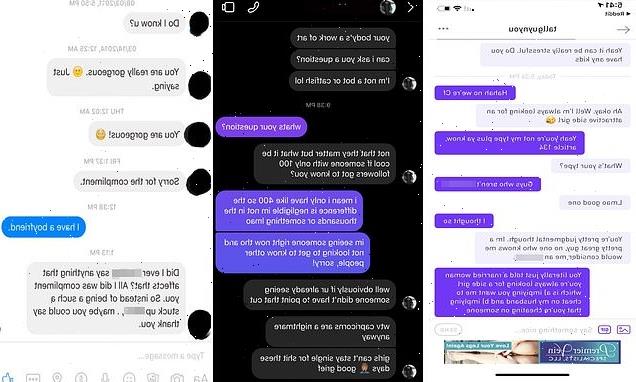Victoria’s anti-corruption agency is close to finalising its investigation into dealings between the firefighters’ union and the state government, including Premier Daniel Andrews, and has released witnesses from their legal responsibility to remain silent about it.
The move, prompted by an unrelated Court of Appeal decision that found the commission’s confidentiality notices were drafted improperly, will increase pressure on Mr Andrews to break his long-running silence about the investigation, given he is no longer legally prohibited from commenting. It will also put the spotlight on United Firefighters Union national secretary Peter Marshall, who has refused to answer questions on the matter for months.
Premier Daniel Andrews and firefighters’ union boss Peter Marshall.Credit:
Mr Marshall did not respond to efforts to contact him on Tuesday, and a spokeswoman for Mr Andrews referred questions to the Independent Broad-based Anti-corruption Commission.
Those interviewed by IBAC as part of the inquiry known as Operation Richmond have until now been prohibited from discussing any aspect of the inquiry, or even whether they have been contacted by the corruption body. Such gag orders are designed to prevent witness collusion and preserve sensitive lines of inquiry.
The secret investigation has been running since 2019 into dealings between the union and the government over fire services reform and a new enterprise bargaining agreement. Last year, The Age revealed IBAC was examining the conduct of Mr Andrews and a senior public servant, Tony Bates, over their role in deals that benefited the union.
Interactions between the Andrews government and the union were controversial between 2014 and 2019 as Mr Marshall sought, ultimately successfully, to influence an industrial deal and a reform package involving Victoria’s fire services to favour his union and its members.
United Firefighters Union national secretary Peter Marshall.Credit:Eddie Jim
How the deadlock was broken by the Premier, Mr Bates and Mr Marshall, and whether it involved any improper conduct, is one component of the IBAC investigation.
Since the investigation opened, IBAC has refused to comment on who is being targeted and which matters it is interested in.
The letter sent this week to people involved in the inquiry was signed by IBAC deputy commissioner David Wolf and informed them that they were “no longer bound by the terms of the confidentiality notice previously served on you”.
“On this occasion, given Operation Richmond is nearing completion, IBAC does not intend to issue a new confidentiality notice to you as it’s no longer considered necessary to restrict disclosure of the restricted matters in respect of this investigation.”
The disclosure of the probe’s imminent conclusion means a “special report” will likely be published this year, as the Andrews government seeks re-election.
Sources with knowledge of the investigation who are not authorised to comment publicly have confirmed that one aspect of the IBAC investigation involved scrutiny of the Premier’s actions. The commission has also questioned whether Mr Andrews was transparent in advising the Victorian public or his cabinet or caucus colleagues about his interventions in dealings with the United Firefighters Union.
Last October, Mr Andrews declined to say whether he had been contacted by IBAC, telling reporters to direct their questions to the corruption agency. The removal of the confidentiality obligation will put pressure on the Premier to detail any dealings he has had with IBAC. However, the Premier could still rely on a convention to remain silent when an active investigation is under way.
The Court of Appeal decision could allow witnesses – including political enemies of the Premier – to disclose details of the inquiry and their dealings with it.
The court found the gag orders were written in a manner that did not sufficiently specify the “restricted matters” in an IBAC probe. As a result, IBAC was forced to revoke its confidentiality notices in several investigations.
For those investigations that are still in evidence-gathering phase, the corruption agency reissued new notices. But parties involved in Operation Richmond were not reissued notices because the investigation is at such an advanced stage.
IBAC chief executive Marlo Baragwanath said the commission was “not above scrutiny” and “accepts the decision of the Court of Appeal”
“Acting on the Court of Appeal decision, IBAC has reviewed the form of confidentiality notices it issues to ensure they address the technical aspects raised by the Court of Appeal and provide more details about the relevant restricted matter,” Ms Baragwanath said.
“IBAC has also contacted people who had received confidentiality notices to inform them of this issue, and where necessary, reissued the confidentiality notice or advised people that they are no longer bound by the terms of confidentiality notice”.
The Morning Edition newsletter is our guide to the day’s most important and interesting stories, analysis and insights. Sign up here.
Most Viewed in Politics
From our partners
Source: Read Full Article




